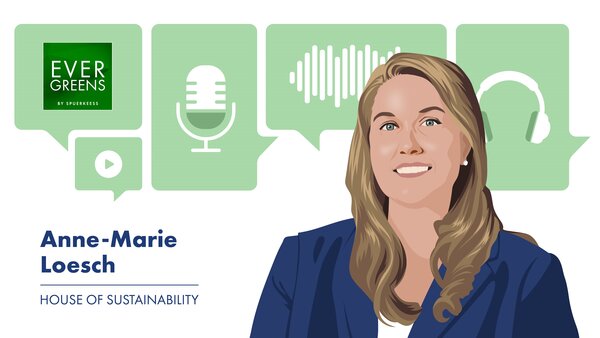Five important points for sustainability in the FinTech
1. To continue investing in educational projects related to digitisation and digitalisation, and raise awareness on the importance of data & digital & financial literacy.
2. To maintain an innovative and research-focused environment for digital transformation in Luxembourg for both practitioners and academics.
3. To broaden the myopic view of sustainability for Finance, stressing the importance of financial inclusion and household finance.
4. To remain open-minded: We all should cautiously explore and embrace new technologies and innovative services.
5. To value institutional collaboration that is driven by high-tech – often trustless and irreversible – infrastructural solutions, despite the strong dynamics of market competition.
![[Translate to English:] [Translate to English:]](/fileadmin/_processed_/4/4/csm_alexandra-kugener_7694260efa.jpg)

![[Translate to English:] [Translate to English:]](/fileadmin/_processed_/f/2/csm_michel-marx_54d2966b86.jpg)
![[Translate to English:] [Translate to English:]](/fileadmin/_processed_/f/7/csm_arnaud-duban_87d7d42d9b.jpg)

![[Translate to English:] [Translate to English:]](/fileadmin/_processed_/4/7/csm_438_EXP_Julien_Kohn_Spuerkeess_9001fc61ae.jpg)
![[Translate to English:] [Translate to English:]](/fileadmin/_processed_/c/3/csm_437_EXP_David_Schmit_Spuerkeess_6beedf10c9.jpg)
![[Translate to English:] [Translate to English:]](/fileadmin/_processed_/6/7/csm_433_EXP_Francesco_Ferrero_LIST_31171ca1b1.jpg)
![[Translate to English:] [Translate to English:]](/fileadmin/_processed_/d/1/csm_434_EXP_Nicolas_Griedlich_Deloitte_f84788af86.jpg)
![[Translate to English:] [Translate to English:]](/fileadmin/_processed_/0/d/csm_435_EXP_Rachid_M_haouach_Spuerkeess_6aout25_4132487c59.jpg)


![[Translate to English:] [Translate to English:]](/fileadmin/_processed_/9/7/csm_426_EXP_Romy_Reding_Spuerkeess_28mars25_f6a6df7a8f.jpg)